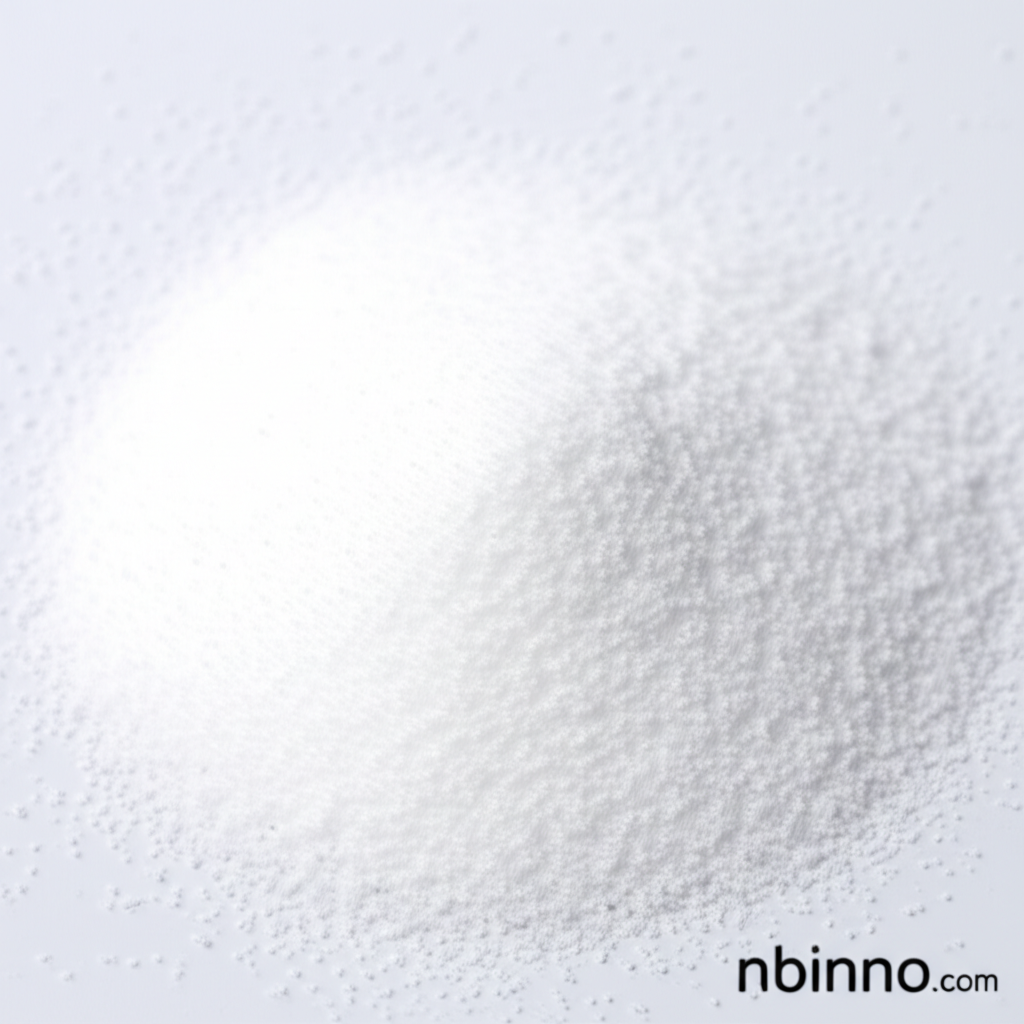4-Guanidinobenzoic Acid Hydrochloride: A Key Intermediate for Pharmaceutical and Fine Chemical Synthesis
Explore the critical role of this essential chemical building block in advancing scientific research and product development.
Get a Quote & SampleProduct Core Value

4-Guanidinobenzoic Acid Hydrochloride
This compound is a vital intermediate, extensively used in the custom synthesis of complex molecules and advanced pharmaceutical compounds. Its unique guanidine structure makes it indispensable for researchers aiming to develop novel therapeutic agents.
- Discover the applications of 4-Guanidinobenzoic Acid Hydrochloride in custom synthesis projects, offering tailored solutions for intricate chemical pathways.
- Learn about CAS 42823-46-1 and its growing significance in drug discovery, aiding in the identification of new therapeutic targets and optimizing existing treatments.
- Understand the chemical intermediate for pharmaceuticals role, providing a foundational element for creating innovative drugs and medical treatments.
- Explore the diverse biochemical research applications, from studying enzyme kinetics to developing diagnostic tools.
Key Advantages
Versatile Building Block
As a critical chemical intermediate, it serves as a versatile building block in organic synthesis, enabling the creation of a wide array of functional molecules for various industries.
Pharmaceutical Innovation
Leverage this guanidine derivative's unique properties for pharmaceutical development, contributing to treatments for metabolic disorders and enhancing drug efficacy.
Research & Development Focus
Support your research and development efforts with this compound, invaluable for biochemical studies, enzyme inhibition assays, and advancing drug discovery processes.
Key Applications
Pharmaceutical Synthesis
This compound is essential for the synthesis of active pharmaceutical ingredients (APIs) and pharmaceutical intermediates, playing a crucial role in the drug development pipeline.
Biochemical Research
Researchers utilize it in various biochemical studies, including enzyme inhibition assays and understanding metabolic pathways, contributing to scientific advancement.
Custom Synthesis
Its utility in custom synthesis makes it a preferred choice for creating specific, complex molecules tailored to individual research or industrial requirements.
Material Science
The compound also finds applications in material science, particularly in the creation of functional materials like hydrogels for drug delivery systems and tissue engineering.
